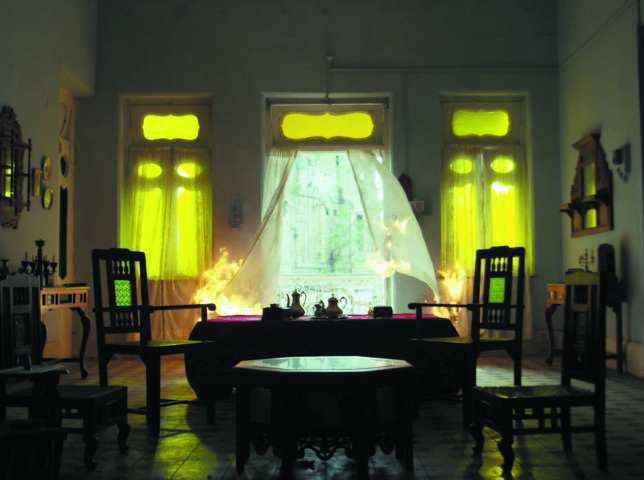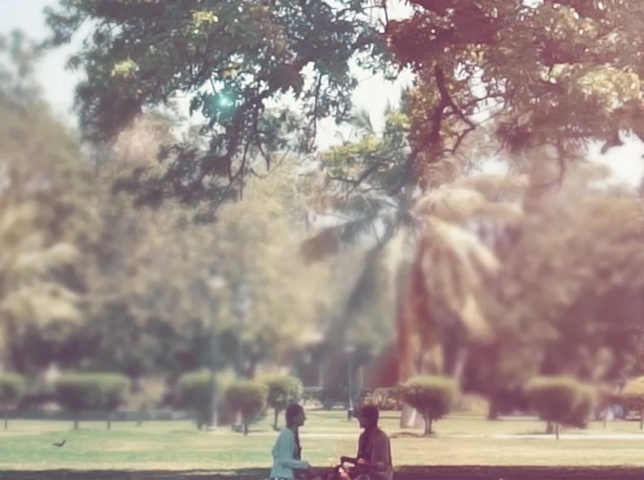Sharmeen Obaid-Chinoy: Successful and fearless

The filmmaker speaks on her Partition project, backlash on her documentaries and being successful.
(Web Desk) - Winner of two Oscars and countless international honorary awards, Sharmeen Obaid Chinoy in her recent project, an experiential exhibition of pictures, videos and audio, explores the past of more than 10 million refugees making their way into the boarders of a new independent sovereign state of Pakistan.
In an interview to the Guardian,Obaid-Chinoy explains why she wanted to look at this mass migration that occurred 7 decades ago: it was because her grandparents were also among those millions of people displaced. Most of the personal stories are often ignored; we tend to focus mostly on the political picture of how the sub-continent was divided, Sharmeen explains. For her grandfather, it was an emotional subject to talk about. “He said to me, ‘I left a chest of pain in India and I don’t want any of my family to go there and see it.”

A picture of an old Haveli, displayed at Manchester International Festival
Home 1947 is an art illustration created for Manchester International Festival, Obaid-Chinoy discusses how it’s personal and an ode to her grandparents and their generation. This has kept the film maker to explore since more than a decade to understand the lives that people left behind, “You read the text books, you see the news reports or watch archival footage, but everything is from the political point of view. What about the lives they left? The conversations they never finished? The scent of jasmine outside their bedroom window?”
Obaid-Chinoy founded the Citizens Archive of Pakistan - where oral histories of partition were documented and collected. This artwork is an attempt to recreate a pre-partition home, with different rooms based on different sets of themes. She excels this into small sets of stories narrated by people, leaving behind their friends, or the joy of the people when their ship docked in the new country of Pakistan. Horrors of this mass migration were not ignored. Two million people lost their lives while making this journey. “It is about the experience,” says the film-maker. “What it felt like to be on a train where your father gave a gun to your brother and said, ‘Shoot your mother and sisters if they come to rape them.”
 Stroll down memory lane. A picture from Obaid-Chinoy s Home1947
Stroll down memory lane. A picture from Obaid-Chinoy s Home1947
Being a female film-maker, she says, “allows you access to places you would not be allowed to go as a man”. The trick, she says, is to find common ground and establish trust. But there’s one other thing: “Believe you deserve to be somewhere – even if it is an all-male jirga [tribal council] where women are not allowed.”
Despite critics who speak against how Pakistan is portrayed in her documentaries, she points out with frustration: “If you don’t like your reflection in the mirror, don’t shoot the messenger.” “I am a woman. I am successful. And I am not afraid to speak my mind. And that doesn’t sit well with a lot of men – and women.” Obaid Chinnoy answers to one of the questions on expecting a backlash, “It is very hard to be a woman in Pakistan and speak your mind. You know there will be an attempt to silence you. And the more people do that with me, the more I know I am being successful.”


